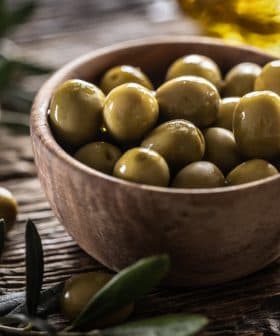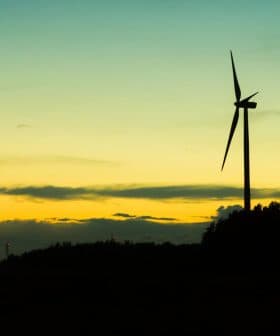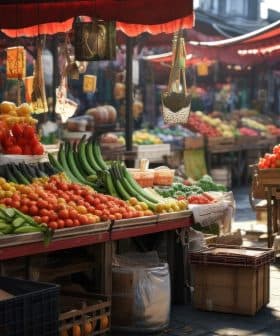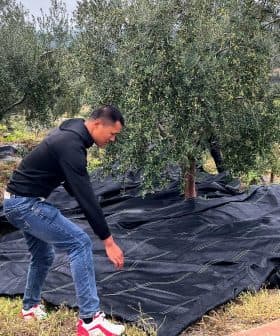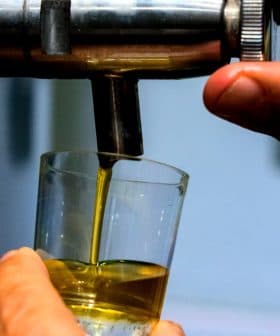Italy Earmarks €100 Million to Upgrade Its Olive Mills
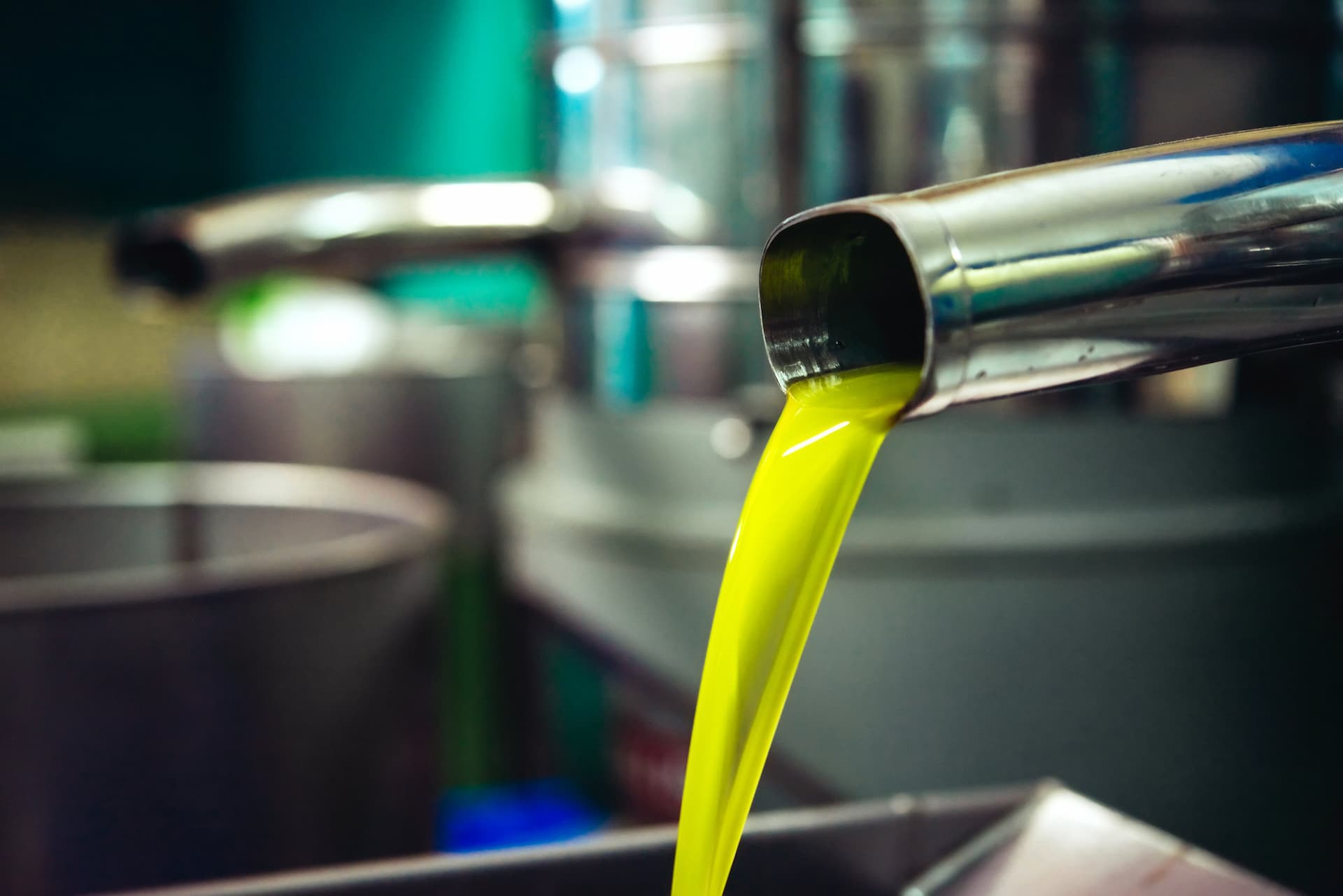
The Italian government has approved €100 million to upgrade over 4,000 mills, with funds to be used for environmentally friendly upgrades and technology improvements, part of a larger Agriculture 4.0 initiative investing €400 million by 2023. The funds are urgently needed by the sector due to market changes, Xylella fastidiosa, extreme weather, and decreasing yields, especially in Puglia, Italy’s largest olive oil-producing region.
The Italian government has approved a financial package of €100 million to upgrade the infrastructure of more than 4,000 mills in the country.
In its announcement, the Ministry of Agriculture, Food and Forestry said the funds would be used for existing mills whose machinery and technology can be upgraded to be more environmentally friendly.
The ministry will use some of the funds to help mills develop projects to re-use operating waste for energy production, install clean energy sources and upgrade mills with the latest technology to improve olive oil quality.
See Also:New Production Technology Improves Olive Oil QualityThe new funds are part of a broader Agriculture 4.0 initiative, which will see €400 million invested into the sector by 2023. Agriculture 4.0 involves implementing precision agricultural technologies around the country, including more digitalization and targeted irrigation, fertilization and pesticide application.
According to olive farmers and millers, the new funds are urgently needed by a sector shaken in recent years by the consequences of a rapidly changing international market, the continued spread of Xylella fastidiosa, extreme weather events and a trend of lowering yields in the country.
Savino Muraglia, president of the Apulian branch of the farming association Coldiretti, said the new initiative “is an opportunity for a crucial sector of the olive oil product chain whose value exceeds €3 billion as an industry.”
Coldiretti said the funds would reach a sector experiencing rising production costs due to the growing prices of energy, fertilizer and containers, among others.
Puglia, home to 893 olive oil millers, is Italy’s largest olive oil-producing region. According to Coldiretti, 25 percent of farmland in the area is used for olive growing. In addition, Puglia is home to almost one-third of all Italian olive groves.
The association added how more than 100 millers in Puglia did not operate a single day in the last five years, with many selling their equipment abroad in the wake of the spread of Xylella fastidiosa.
According to the ministry, the regional authorities will define the specific procedures for olive oil millers to access the new funds in the coming months.



